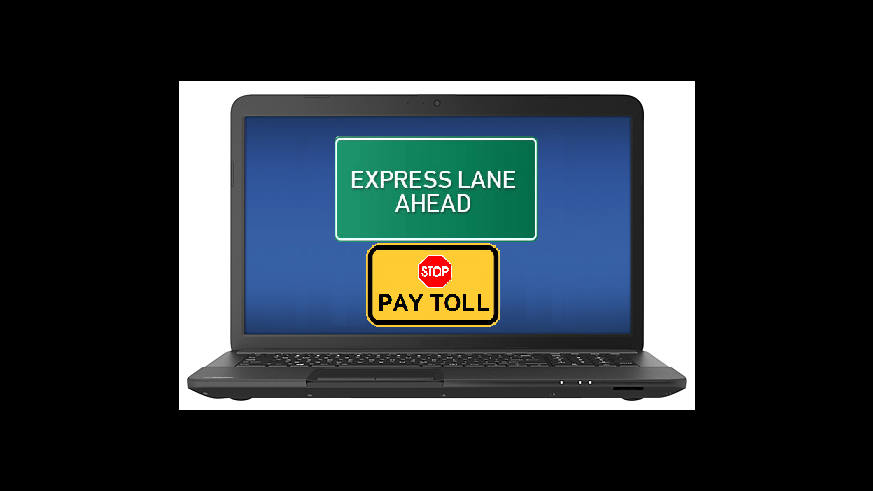On Wednesday, an “Internet-Wide Day of Action to Save Net Neutrality” was held as the web awaits its fate. Net neutrality is the idea that the internet is truly a free marketplace of ideas. Whether it’s good, bad, #fakenews or a cat video gone viral, anyone is free to join the discussion. So, why are we talking about it now?
FCC Chairman Ajit Pai, a Republican appointee of President Donald Trump and former lawyer for Verizon, is actively seeking to repeal the rules protecting net neutrality, which has thrust the topic back into the spotlight. Pai said the current rules amount to “the government controlling the internet,” ABC.net.au reported.
In May, the FCC voted to repeal net neutrality guidelines, but the decision requires a final vote and it isn’t looking good for the marketplace.
What is net neutrality?
Net neutrality is the idea that the internet is available to everyone. In 2010, the FCC essentially called web access a human right and instated guidelines that prohibit internet service providers (ISPs) from blocking content or slowing down load times for certain websites.
Where do the net neutrality protections come from?
The legal foundation for the protections is rooted in Title II of the Communications Act of 1934. In February 2015, the FCC created strong net neutrality rules when it reclassified broadband providers as common carriers under Title II.
Communications Act of 1934: as amended by Telecom Act of 1996 by Metro US on Scribd
Why should we care about net neutrality?
If companies are allowed to divide the internet into slow or fast lanes, they could then charge higher rates for access to information. If you don’t have the money, like a bigger corporation would, your content won’t get seen. Or, you could be blocked from seeing certain content.
“Just as your phone company shouldn’t decide who you call and what you say on that call, your ISP shouldn’t interfere with the content you view or post online,” according to FreePress.net.
ISPs like Comcast, Verizon and AT&T could even block content from competitors and the little guy just trying to start his new company could get crushed.
Supporters of the repeal say the glut of data from companies like Netflix and YouTube are slowing the internet down. If companies that conduct business on the internet and use bigger bandwidths are charged fees, it would make the internet faster, more efficient and could prevent illegal downloading of media.
This is what Tim Berners-Lee, widely credited as one of the inventors of the internet, has to say about it.
What’s next for net neutrality?
The public has until mid-August to let the FCC know how it feels before the FCC votes on the proposal to repeal the guidelines. You can file an express comment here.























